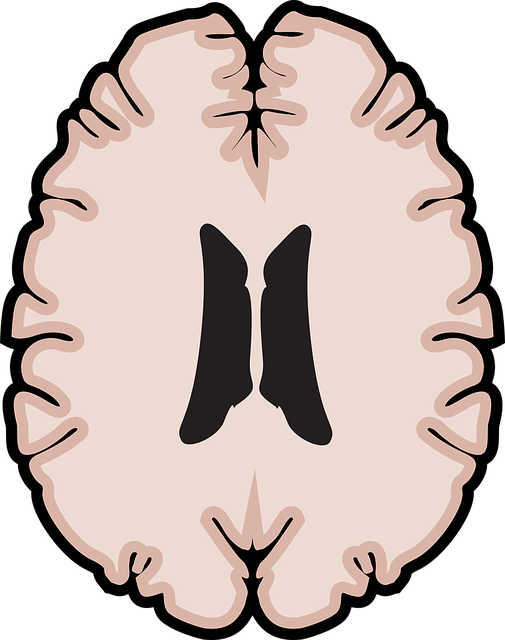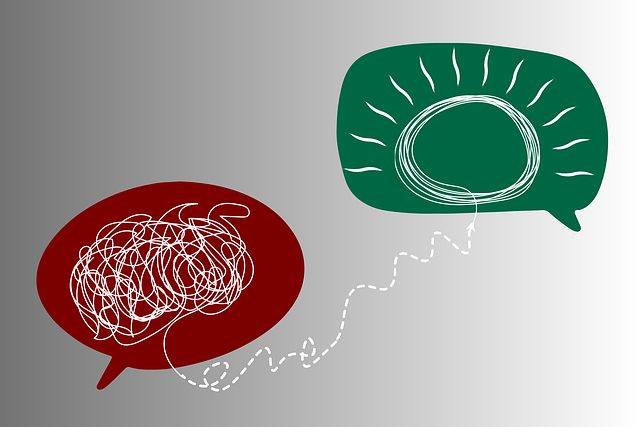In today's fast-paced world, prioritizing self-care through programs like Denver Suicide Prevention Therapy (DSPT) is crucial for maintaining mental wellbeing. DSPT emphasizes proactive self-care as a buffer against stressors and promotes resilience. By integrating tailored practices such as mindfulness, physical activity, and social connections into daily routines, individuals can enhance their emotional equilibrium and cope with life's complexities. Overcoming barriers to self-care, including time constraints and stigma, is vital for preventing mental health issues like depression. Tracking personal growth through journaling and apps enables informed adjustments to self-care routines.
Self-care isn’t a luxury—it’s a lifeline for mental wellbeing. In today’s fast-paced world, understanding and prioritizing personal self-care needs is more crucial than ever. Denver Suicide Prevention Therapy offers a comprehensive approach to identifying individual requirements, emphasizing the importance of daily rituals. This article explores practical strategies, overcomes barriers and stigma, and provides guidance on measuring success, helping you track your progress on this transformative journey towards improved self-care practices.
- Understanding the Importance of Self-Care: A Lifeline for Mental Wellbeing
- Identifying Personal Self-Care Needs: Denver Suicide Prevention Therapy's Approach
- Practical Strategies for Incorporating Daily Self-Care Rituals
- Overcoming Barriers and Stigma: Encouraging Consistent Self-Care Practices
- Measuring Success and Adjusting: Tracking Progress in Self-Care Journey
Understanding the Importance of Self-Care: A Lifeline for Mental Wellbeing

In today’s fast-paced world, understanding the importance of self-care is more crucial than ever for maintaining mental wellbeing. Self-care isn’t a luxury but a lifeline that helps individuals manage stress, prevent burnout, and promote overall mental health. It involves intentional activities that nourish both the mind and body, enabling folks to disconnect from hustle and bustle, and reconnect with their inner selves. In Denver Suicide Prevention Therapy circles, professionals emphasize self-care as a proactive measure against mental health challenges, fostering resilience and emotional equilibrium.
Mental wellness coaching programs and podcasts have emerged as valuable resources in this journey. These platforms offer tailored guidance for cultivating healthy habits, managing emotions, and navigating life’s complexities. Through engaging content and expert insights, they help individuals develop effective coping mechanisms, enhance self-awareness, and ultimately, prioritize their mental wellness. By integrating self-care into daily routines, folks can create a buffer against stressors, ensuring they show up as their best selves in all aspects of life—at work, at home, and within relationships.
Identifying Personal Self-Care Needs: Denver Suicide Prevention Therapy's Approach

Identifying Personal Self-Care Needs is a foundational step in any wellness journey, and Denver Suicide Prevention Therapy (DSPT) offers a unique approach to this process. Their methodology involves a holistic understanding of each individual’s mental health landscape, recognizing that self-care isn’t one-size-fits-all. DSPT therapists encourage clients to explore their emotional and psychological needs, factoring in stressors, coping mechanisms, and underlying mental illness symptoms. This personalized assessment is crucial for developing effective self-care strategies tailored to manage stress, anxiety, or depression, all while fostering resilience.
Through various therapeutic techniques, DSPT guides individuals to cultivate compassion towards themselves, a practice essential in reducing the Mental Illness Stigma and promoting well-being. They also emphasize the importance of Risk Management Planning for Mental Health Professionals, ensuring therapists can maintain their own mental health and prevent burnout. By integrating Compassion Cultivation Practices into therapy sessions, DSPT empowers clients to nurture empathy, kindness, and self-acceptance, creating a supportive environment that enhances overall mental wellness.
Practical Strategies for Incorporating Daily Self-Care Rituals

Incorporating daily self-care rituals into your routine can feel overwhelming, but it’s simpler than you think. Start with small, manageable practices that resonate with you. For instance, dedicate 10 minutes each morning for mindfulness exercises like deep breathing or meditation to centre yourself and set a calm tone for the day ahead. Similarly, setting aside time for physical activity, whether it’s a brisk walk, yoga session, or dance class, can significantly boost your mood and energy levels throughout the day.
Additionally, fostering connections with others through meaningful conversations or engaging in compassion cultivation practices can be immensely beneficial. Consider joining a local support group or participating in Stress Management Workshops organized by respected organizations to learn effective coping mechanisms and connect with like-minded individuals. Cultivating these habits not only contributes to your overall well-being but also equips you with valuable tools for navigating life’s challenges, ultimately enhancing your resilience and confidence.
Overcoming Barriers and Stigma: Encouraging Consistent Self-Care Practices

Overcoming barriers to self-care is a crucial step towards enhancing mental wellness and preventing issues like depression. Many individuals struggle with incorporating consistent self-care practices into their daily routines due to various reasons. These may include time constraints, societal expectations, or simply a lack of awareness about its importance. Stigma surrounding mental health also plays a significant role in deterring people from prioritizing their well-being. In Denver Suicide Prevention Therapy, professionals often encounter clients who have been avoiding self-care for fear of judgment or due to past traumatic experiences.
Encouraging consistent self-care requires addressing these barriers through education and creating supportive environments. Learning conflict resolution techniques can help individuals manage stress and conflicts that might otherwise prevent them from engaging in relaxing activities. By incorporating practices like meditation, exercise, and therapy into daily routines, people can significantly improve their mental health and overall quality of life. This, in turn, fosters a sense of resilience against challenges, promoting better depression prevention and overall mental wellness.
Measuring Success and Adjusting: Tracking Progress in Self-Care Journey

Measuring success is a vital part of any journey, and self-care is no exception. It’s important to note that progress isn’t always linear; it’s a unique tapestry woven by each individual. As you navigate your self-care path, tracking your achievements can provide valuable insights into what works best for you. Simple techniques like journaling, setting achievable goals, or utilizing apps designed for mental health monitoring can help. These tools allow you to identify patterns and reflect on the impact of various self-care practices, be it meditation, therapy sessions at Denver Suicide Prevention Therapy, regular exercise, or self-awareness exercises.
Over time, these reflections will enable you to make informed adjustments to your routine. For instance, if you notice increased stress levels despite attending Stress Management Workshops Organization, you might want to explore alternative relaxation techniques or consider integrating conflict resolution techniques into your personal life. By staying mindful of your progress and adjusting accordingly, you ensure that your self-care journey remains a dynamic process tailored to your evolving needs.
Self-care is not a luxury, but an essential practice for maintaining mental wellbeing. As Denver Suicide Prevention Therapy highlights, understanding and identifying personal needs are crucial first steps. By incorporating practical strategies into daily routines and overcoming barriers with support, individuals can foster consistent self-care habits. Tracking progress along the journey allows for adjustments, ensuring that self-care remains a dynamic and effective tool for enhancing overall mental health.














